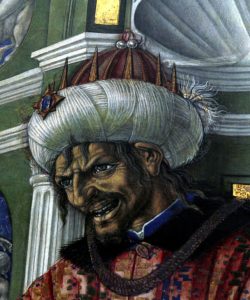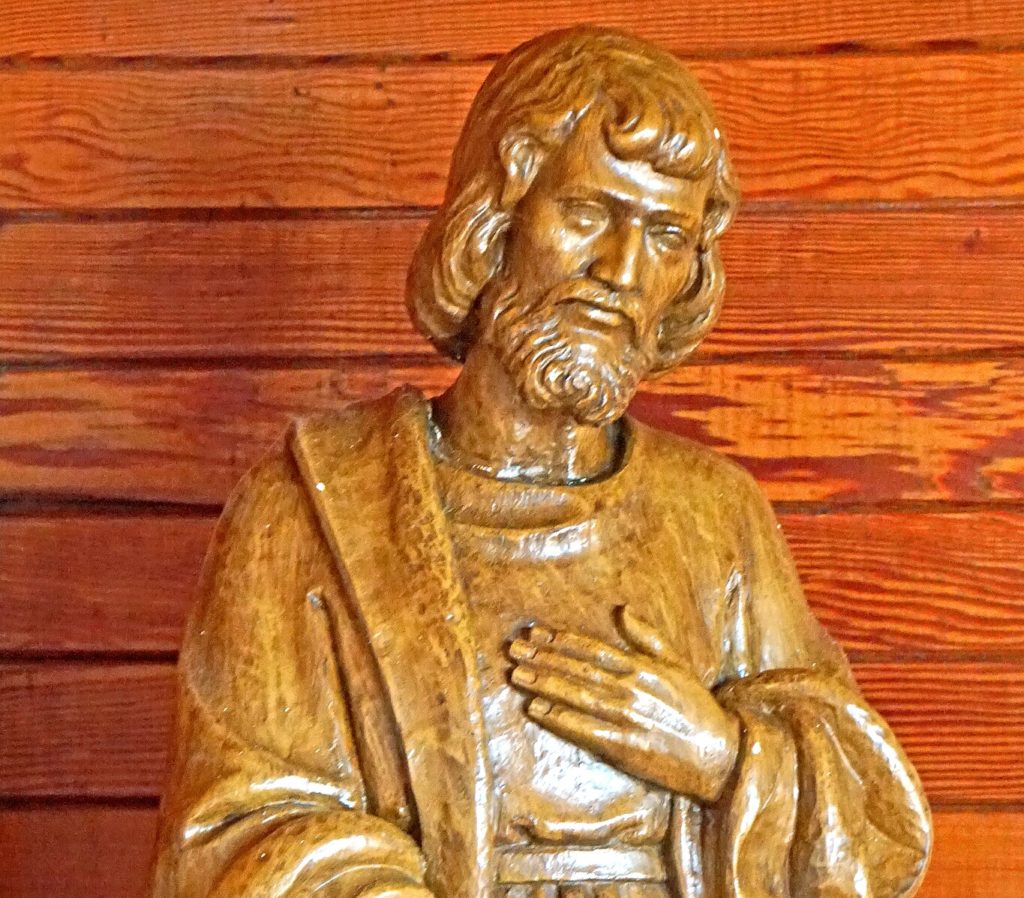There are few subjects so challenging for writers as St. Joseph. And yet the Church’s calendar presents us with two feast days in his honor. One is just around the corner, on May 1. We can hardly avoid saying something, but what is there to say?
Joseph seems to go out of his way to be uncooperative. In all the reliable records he is as tight-lipped as an NSA agent. Christian authors have tended to make up for the dearth of information by supplying homiletics laced with legends. At the end of such treatments, Joseph can seem more distant from us than he was on page one.
Faced with this challenge, my friend Mike Aquilina wrote a book about Joseph anyway — and he succeeded by doubling the difficulty. In “St. Joseph and His World” (Scepter Publishers, $19.95), he composed “parallel lives” of a most improbable pair of historical figures. He told the story of the Holy Family’s patriarch alongside the life of the family’s arch-nemesis. He gave an account of Joseph’s days as they were bound up with the career of one of history’s vilest despots: King Herod the Great.
And this is a breakthrough because we cannot begin to understand the life of either man until we appreciate the life of the other.

We may not want to spend time reading about Herod’s depravity, but apart from it we cannot truly see Joseph’s virtue. Herod loomed large in the life of the Holy Family. Joseph was a carpenter; and Herod was perhaps history’s most lavish patron of the craft of carpentry. Herod was pretender to the throne of David; and Joseph was a legitimate heir of that throne. Herod’s daily decisions affected the well-being of Joseph’s village, his clan, and his trade. Herod’s programs and whims exercised a profound influence on their economy and security.
Joseph must have been concerned about such matters, but he never shows it in the historical record. What he shows us is prayer and work. So Aquilina shows us how Joseph prayed and — in literally nuts-and-bolts terms — how a typical carpenter worked in those days: what tools he used, what items he crafted, where he got his training, and how he got to and from his job sites.
What we discover, between the lines, is that there were, in the first century B.C., two guiding hands in history. There was the providential hand of the Lord God. And there was a demonic hand manipulating the mad king Herod. As a result, there were two rival accounts of kingship; two rival ideas of Temple-building; and two rival stories of salvation. Joseph was not the only Jew to recognize this, but he was perhaps the most important one. Those who recognized it were forced to make difficult choices — and face terrifying consequences.
There is much we will never know about Joseph — or his wife and Divine Son — unless we come to see them in their cultural context, and in contrast with the counternarrative that centers on Herod.

